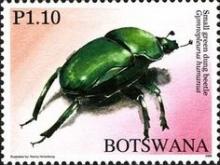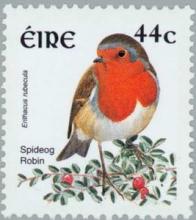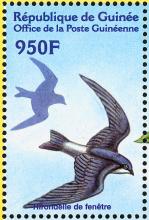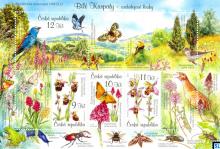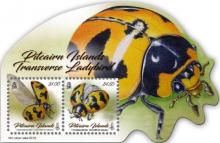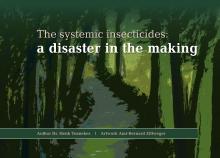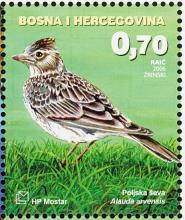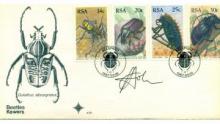Long term use of some pesticides is killing off dung beetle populations
New research led by scientists at the University of Bristol has uncovered that long-term use of some pesticides to treat cattle for parasites is having a significantly detrimental effect on the dung beetle population. Researchers studied 24 cattle farms across south west England and found that farms that used certain pesticides had fewer species of dung beetle. Dr Bryony Sands, from the University's School of Biological Sciences, who led the research, said: "Dung beetles recycle dung pats on pastures, bringing the nutrients back into the soil and ensuring the pastures are fertile.

